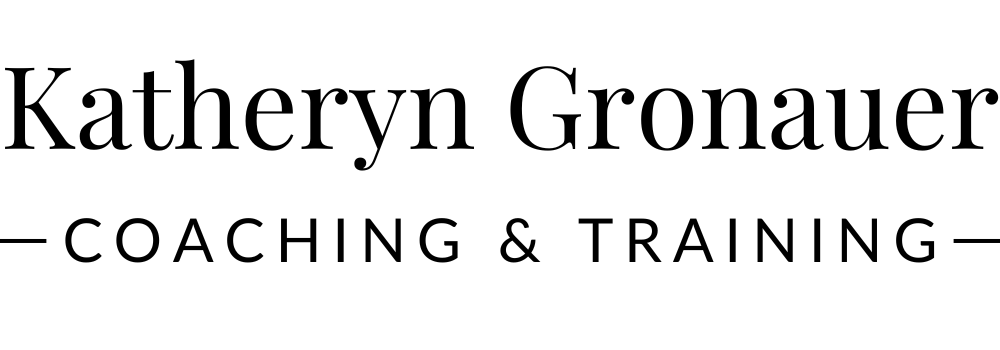Case Study: Rebekah is struggling with how to communicate with her colleague
Rebekah, an engineer, hates getting asked for help by this one colleague who knows nothing about how engineering works. He never seems to follow the instructions that she has laid out - or, he'll forget what steps he took that created the problem so she can't assess how to fix it.
The more she asks a variety of questions starting with, "Well, did you try X?", the more irritated he seems to become. Rebekah really wants to avoid conflict and is struggling with how to communicate with this colleague in the future.
What should she do?
Here’s what Rebekah decided (and how, through coaching)
Rebekah realized that the way she asks questions will have an impact on the communication between her and her colleague.
Here’s how she came to that conclusion:
Coaching Goal #1: Identify what a successful relationship would look like
Right now, Rebekah is on the defense whenever she talks with this colleague. She’s already anticipating that he won’t have the information that she needs and that he’ll be annoyed with her questions.
When Rebekah thinks about what a successful relationship looks like, the words that come to her mind are “Mutual Respect”.
Coaching Goal #2: Get clear on how she defines “Mutual Respect”
We all interpret words and concepts differently, so it’s important to be on the same page by identifying how a word is defined. This also helps the coachee visualize more about what they mean.
Rebekah identifies Mutual Respect as having an understanding of each other’s work needs, and communicating in a way that is helpful and mindful that they are there to help each other out.
Coaching Goal #3: Ask Rebekah to reflect on how she is showing “Mutual Respect”
It’s difficult to control the behavior of others which is why coaching is often focused on what to shift within yourself. Since Rebekah wants the respect to be “mutual”, it means that she would need to show up towards her colleague the same way she’d expect him to show up for her.
She realized through this question that she only focuses on her own needs, which is about how complicated it can be to fix things as an engineer. She wasn’t really focusing on her colleague’s needs, which were to identify the problem and have it fixed asap so that he can continue to do his job.
She also realized that she asks closed-ended questions (a question that is answered with either a yes or no) which can sound confrontational. When asking questions that sound confrontational, the other person is more likely to answer in a defensive way. Examples of closed-ended questions are things like, “Did you try XYZ?”, “Why didn’t you do ABC?”, “Have you considered A?”, etc.
Coaching Goal #4: Strategize alternative ways to communicate
Rebekah came up with two things she wanted to try moving forward:
Ask open-ended questions. Open-ended questions are those that begin with Who, What, When, Where, and How. They enable the other person to elaborate in more detail in their response and don’t come across as confrontational. For example, instead of “Did you try XYZ?”, she can ask, “Okay, how about you walk me through what happened?”
Acknowledge his perspective. She realized she can say things like “I know you need this done by your next client meeting, let me see what I can do.” Simple things like that will help him feel seen in his work role.
Sometimes when you want something from another person, it’s good to think about if you’re living up to your own values in your relationship!
What about you?
If you were to re-read this dilemma again with coaching questions in mind, would you still take the same path you originally thought?
It’s interesting to see what people decide, isn’t it? Every person is different, so even the same coaching sequence can lead to a different result - as long as the participant feels they are moving forward in alignment with their needs, it’s a win!


